Health and nutrition are two of the most important factors for sports performance. While athletes have traditionally focused on physical training, their eating impacts their competition success. As a result, many professional athletes enlist the help of sports dietitians to ensure they’re getting all the essential nutrients required for optimum performance. In this article, we’ll explore how sports health & nutrition work and how hiring a dietitian can benefit any athlete looking to take their game to the next level.
What is a Sports Dietitian?
In today’s increasingly competitive sporting world, having the edge over your opponents is crucial. However, there’s more to it than being physically fit; having a good understanding of nutrition and eating right can give you that extra boost when needed. With proper guidance from a qualified dietician, athletes at all levels can improve their physical condition, enhance their recovery time between matches or practices, and find balance in their overall lifestyle.
Sports dietitians play an essential role in helping athletes reach peak performance levels by creating customized meal plans tailored specifically to individual needs and considering dietary restrictions or allergies if needed. In addition, by providing nutritional advice based on years of experience working with elite-level competitors, these professionals can be invaluable allies for anyone wanting to get ahead in athletics – no matter at what level they compete!


What is Sports Nutrition?
Sports nutrition is a field of study that explores how proper nutrition can help athletes reach peak performance. It involves understanding the body’s nutritional needs and providing knowledge about how to best meet those needs for optimal sports health. A sports dietitian works with athletes to create individualized plans tailored to their activity level, lifestyle, and goals.

The Goal of Sports Nutrition
The goal of any sports nutrition program is to provide the athlete with enough energy to perform at their highest potential while decreasing the risk of injury due to poor dietary choices.
Properly fueled muscles are essential for performing athletic tasks efficiently, so athletes must understand how food affects them daily. Athletes must pay attention to what they eat and when to maximize their physical capabilities. Timing meals properly allows nutrients from food to be absorbed more effectively rather than having them pass through the digestive system too quickly or remain too long in the stomach before breaking down. In addition, the body optimizes physical and mental performance by utilizing all macro- and micronutrients.
Do You Need A Degree To Be A Sports Dietitian
Becoming certified and having knowledge in sports nutrition can open many doors for those seeking a career. So, what are the details?
- Sports Dietitian Info: A good foundation in understanding how food affects athletes’ performance is vital.
- Sports Nutrition Certification: Depending on your country, there may be specific certifications that you should obtain, such as Certified Sports Dietetics (CSD).
- Sports Dietetics: You may also consider taking courses related to dietetics, exercise physiology, biochemistry, anatomy & physiology, and clinical nutrition.


A minimum bachelor’s degree from an accredited college or university is required. Additionally, depending on where you live, it might require additional specialized education or certification to practice professionally, including working with professional teams or individual athlete clients. Therefore, checking with your local regulations regarding this topic before pursuing further studies is best. Furthermore, some states might have their own governing body when it comes to reaching out for advice about sports nutrition supplements and other health-related matters, so it’s always best to ask around first before starting any kind of business venture.
By gaining knowledge and obtaining credentials related to sports nutrition, individuals can become qualified professionals who specialize in helping athletes reach their goals while ensuring they stay healthy at all times! Taking the necessary steps towards becoming certified will ensure you have up-to-date information when advising others about proper nutrition practices for optimal athletic performance.
What Do Sports Dietitians Do?
Sports dietitians play an essential role in helping athletes reach their performance goals. They provide specialized knowledge of sports nutrition, running nutritionists, and sports nutrition products tailored to the individual athlete’s needs. A sports dietitian helps athletes learn the difference between eating healthy and eating the right way to perform their best in their sport.
Sports nutritionists create detailed meal plans based on various factors such as age, sex, body type, current fitness level, medical history, dietary preferences, and more. Their programs often include specific instructions about timing meals around training sessions, consumption of adequate quantities of carbohydrates, protein, and fats; vitamins and minerals; hydration strategies; supplementation options; food safety considerations, and other lifestyle modifications necessary for improved athletic performance.
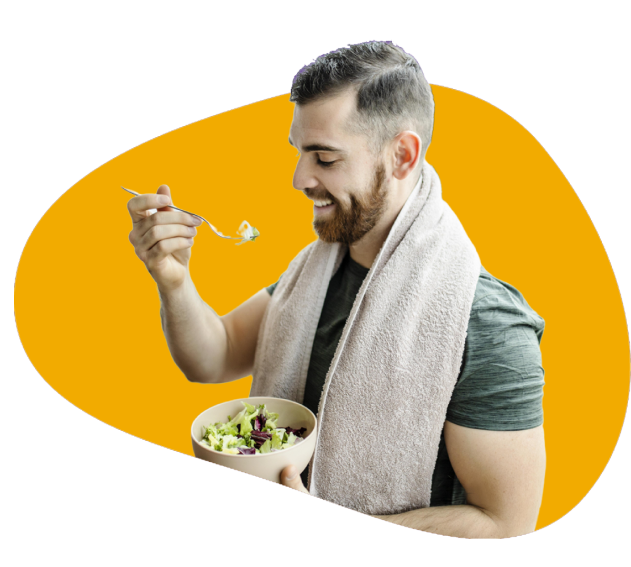

In addition to providing personalized nutritional advice to individuals, sports dietitians also work closely with coaches, trainers, and physicians to ensure the overall success of any given team or program. This includes working together to develop effective strategies for incorporating proper nutrition into each practice session and game day routine so that all players can perform at their best. Sports dietitians also educate parents and community members on the importance of good nutrition in young athletes’ physical development and long-term health outcomes.
By understanding the basics of sports nutrition, running nutritionists, sports nutrition products, and how they apply to a particular athlete’s unique circumstances, sports dietitians can help clients achieve peak performance while maintaining good health throughout their sporting career.
Sports Health and Nutrition
Sports nutrition is vital to an athlete’s success. It allows them to compete at the highest level while keeping their bodies and minds healthy. Eating right is just as important for an athlete as training and practicing. So what is sports nutrition?
Sports nutrition focuses on providing athletes with the energy and nutrients needed to perform optimally during physical activity or competition. The three main components are; carbohydrates, protein, and fats.
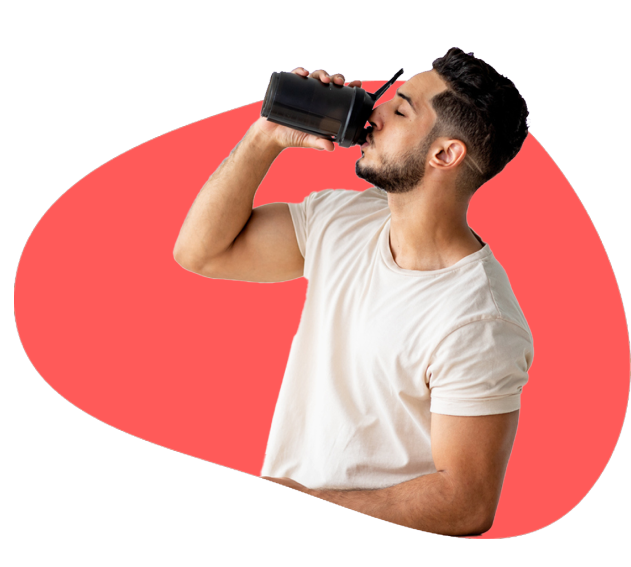
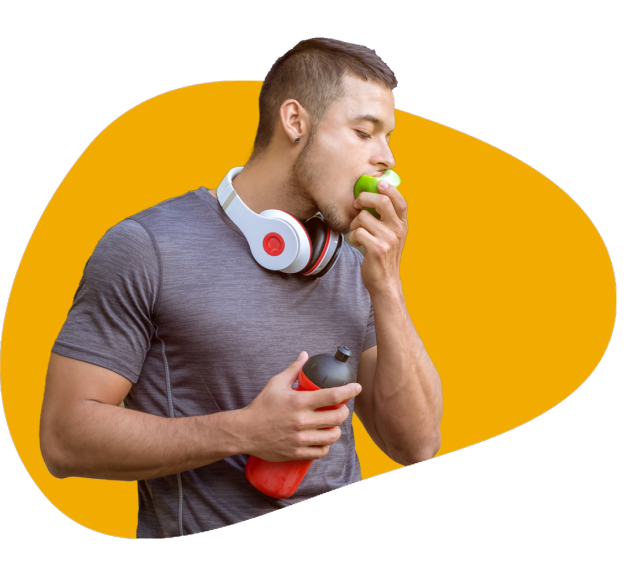
By consuming nutrient-rich foods from each of these sources, athletes can ensure they have enough energy to perform at peak levels throughout their sport or activity. Additionally, adequate hydration through water consumption is vital when optimizing performance.
Good nutrition habits form the cornerstone of any successful athletic endeavor. Athletes must focus on eating quality whole-food meals regularly while avoiding processed snacks high in sugar or fat, which can lead to fatigue or injury over time. With proper education about sports nutrition principles and practices, athletes will be more likely to make healthier food choices supporting their goals in training and competition.
| Nutrition Source | Benefits | Examples |
|---|---|---|
| Carbohydrates | Fuel for Muscles | Breads, grains, pasta, fruits/vegs |
| Proteins | Muscle Building | Meat, fish, eggs, dairy |
| Fats | Essential Fatty Acids | Nuts, seeds, oils |
Sports Dietitian for Balanced Nutrition & Peak Fitness
Sports health and nutrition are a vital part of any athlete’s game plan. A sports dietitian can be a great asset to athletes who want to maximize their performance and maintain a healthy lifestyle.
For all athletes, understanding how to fuel your body correctly with the right foods is vital for maximum performance. Sports nutritionists are experts in developing meal plans tailored to each individual’s needs. This includes providing advice on proper hydration, macronutrient balance, and timing of meals before and after workouts. They also help educate athletes on how food affects energy levels, recovery times, and overall physical appearance.
Overall, it’s clear that investing in good sports health & nutrition pays off big time! With the help of a trusted sports dietitian at Dietitian Group by your side, you will have access to personalized guidance on how best to nourish your body so you can reach peak performance goals while taking care of yourself at the same time.
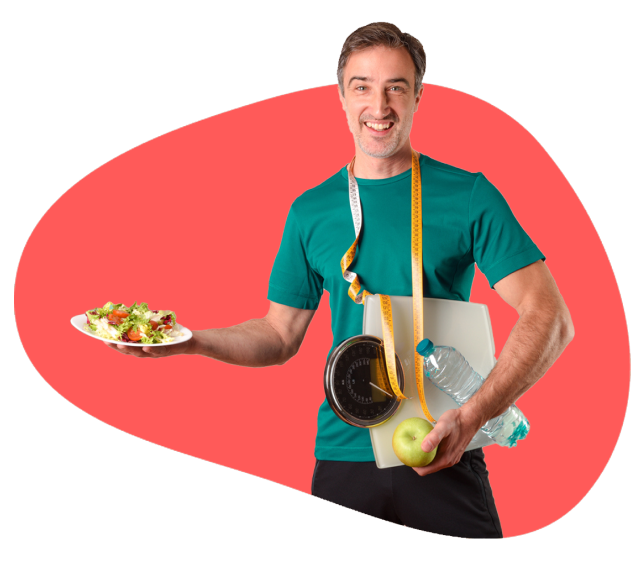
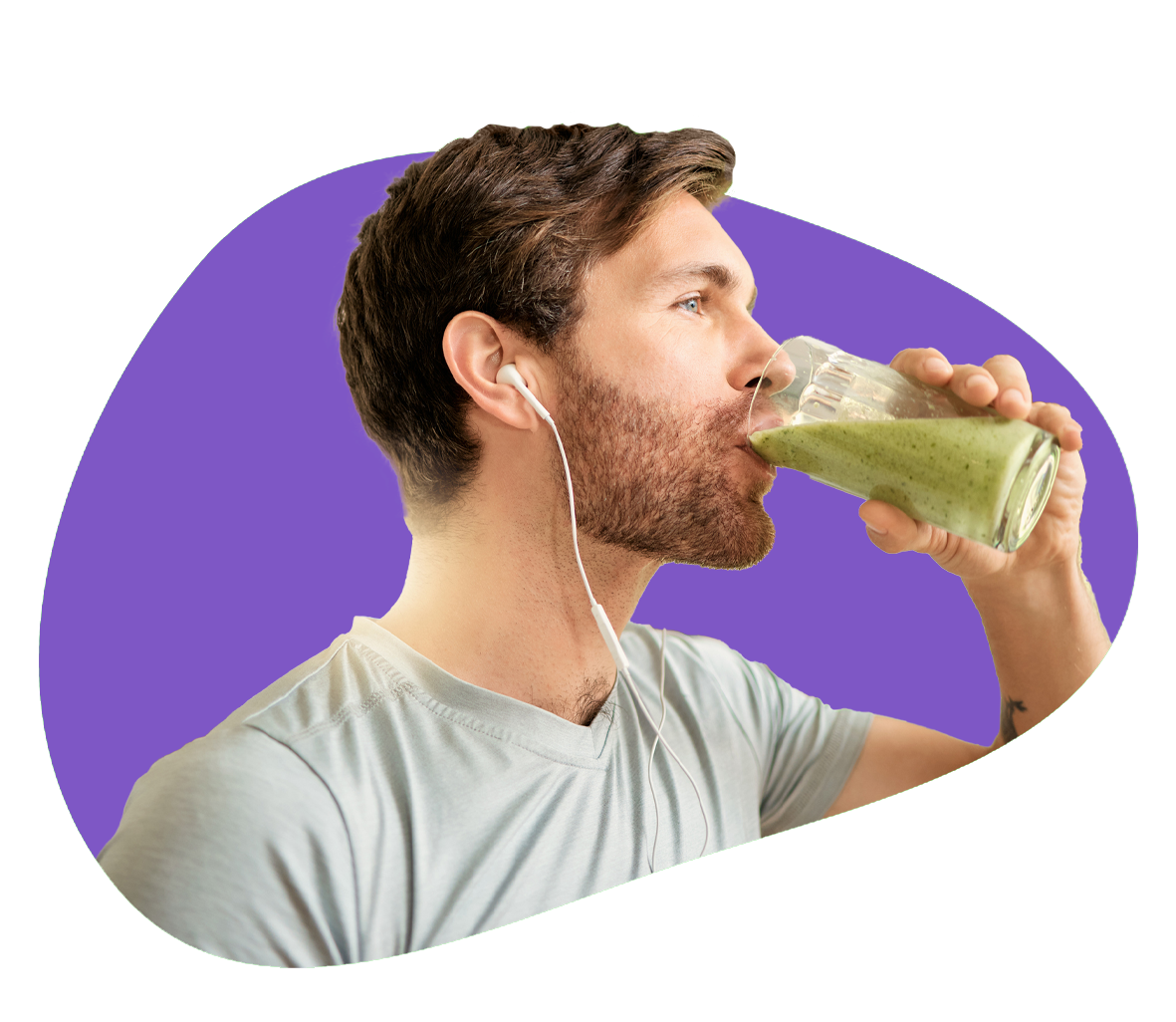
Fuel Your Performance with Dietitian Group
Discover the keys to unlocking your full athletic potential with expert sports nutrition guidance from Dietitian Group. Fuel your performance, optimize recovery, and elevate your game with personalized strategies tailored to your needs. Unleash your potential and get ahead of the competition with Dietitian Group today!